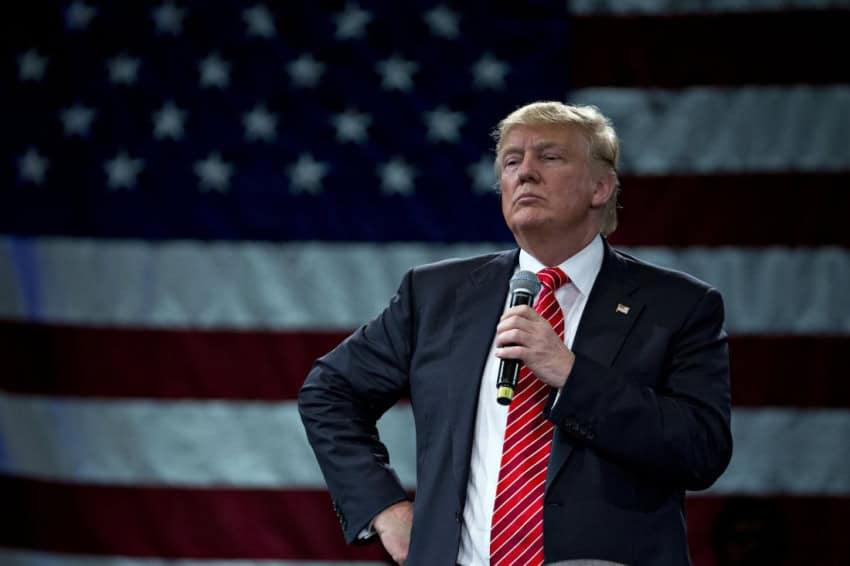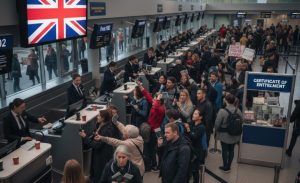WASHINGTON: The US Department of Homeland Security has disclosed measures to curb the fraudulent use of H1B visas, used by employers to bring in specialised foreign workers temporarily, NDTV reported
US President Donald Trump had promised during the election campaign to overhaul the programme and end the lottery system for H1B visas, which gives equal chance to all applicants at 65,000 posts every year.
Also on Monday, the Justice Department issued a statement “cautioning” employers petitioning for H-1B visas to not discriminate against American workers.
The administration has taken other steps against H1B visa abuse, such as issuing a Justice Department warning to employers and announcing plans to enhance transparency on applicants.
The work permit to foreigners can mean six years of employment in the U.S. for those lucky enough to get one.
Lobbyists for businesses who rely on H1B visas, commonly used by the technology sector, had expected Trump to upend the lottery in favour of a system that prioritised workers who are highly skilled and would be highly paid in the country.
However, the lottery for fiscal year 2018 started on Monday without any changes.
“These are important first steps to bring more accountability and transparency to the H1B system,” a White House official said. “The administration is also pondering over several additional options for the president to use his existing authority to ensure federal agencies more rigorously enforce all aspects of the programme.”
Tech companies depend on the programme to hire foreign workers with special skills and have lobbied for an expansion of the number of H1B visas awarded.
Proponents of limiting legal immigration, including Trump’s senior adviser Stephen Miller, have argued the programme gives jobs that Americans could fill to foreign workers at a less expensive cost.
The measures announced by DHS on Monday focus on site visits by U.S. authorities to employers who use H1B visas.
In future site visits, U.S. Citizenship and Immigration Services agents will investigate incidents where an employer’s basic business information cannot be validated; businesses that have a high ratio of H1B employees compared with U.S. workers; and employers petitioning for H1B workers who work off-site.














